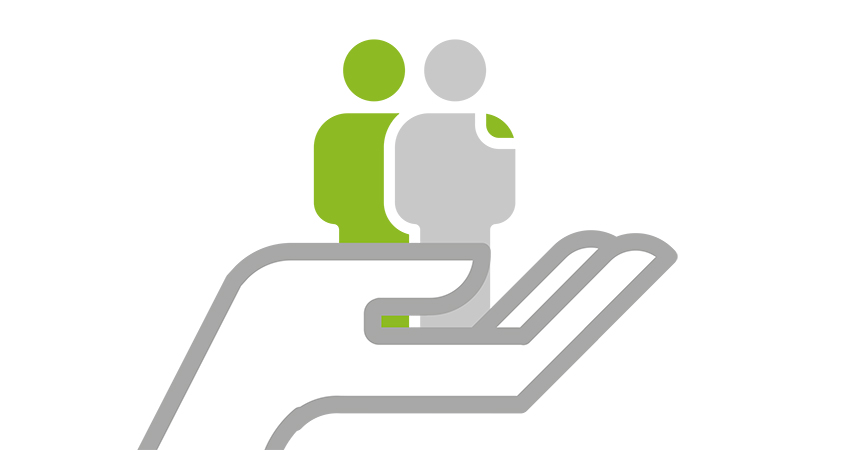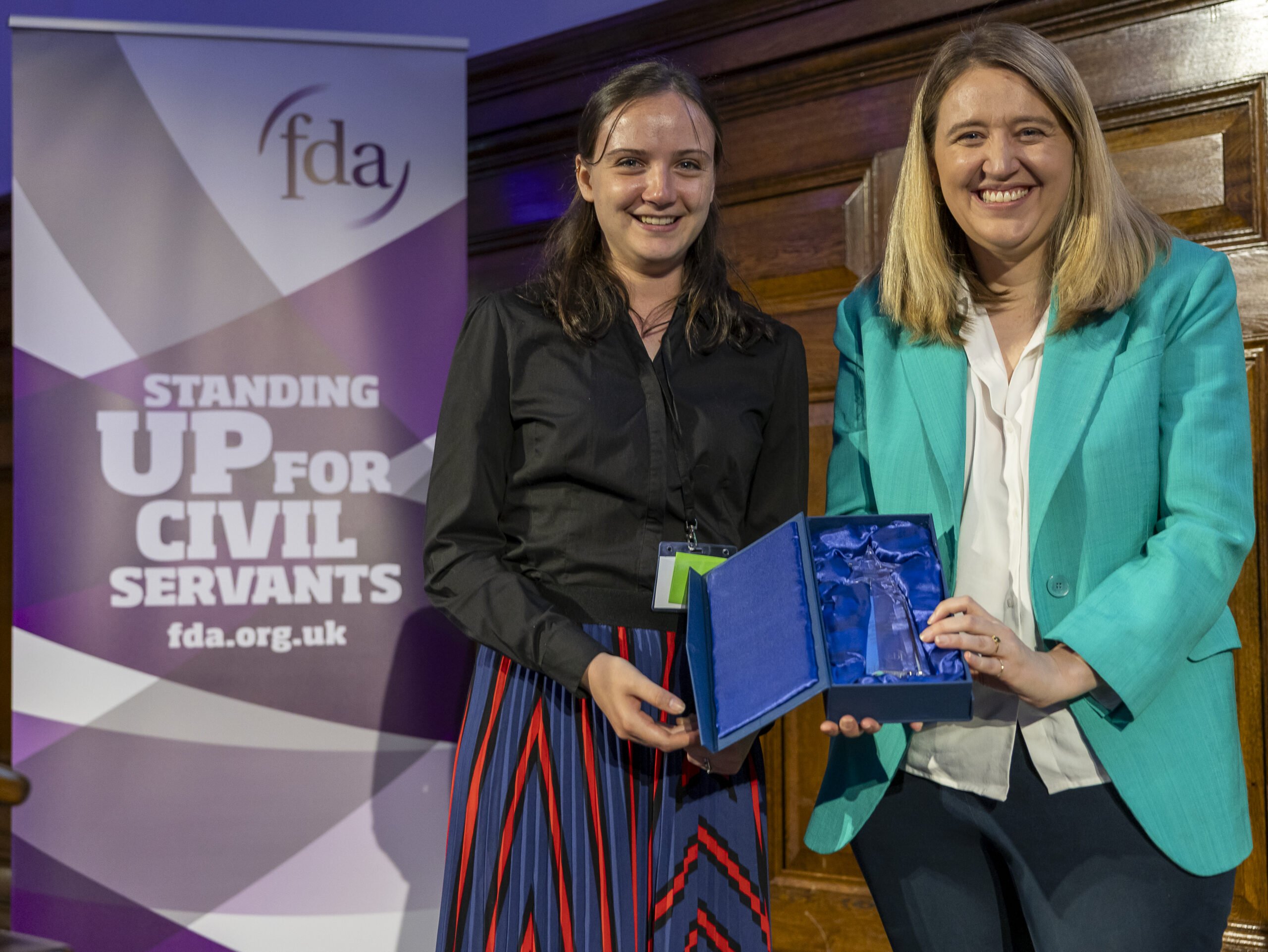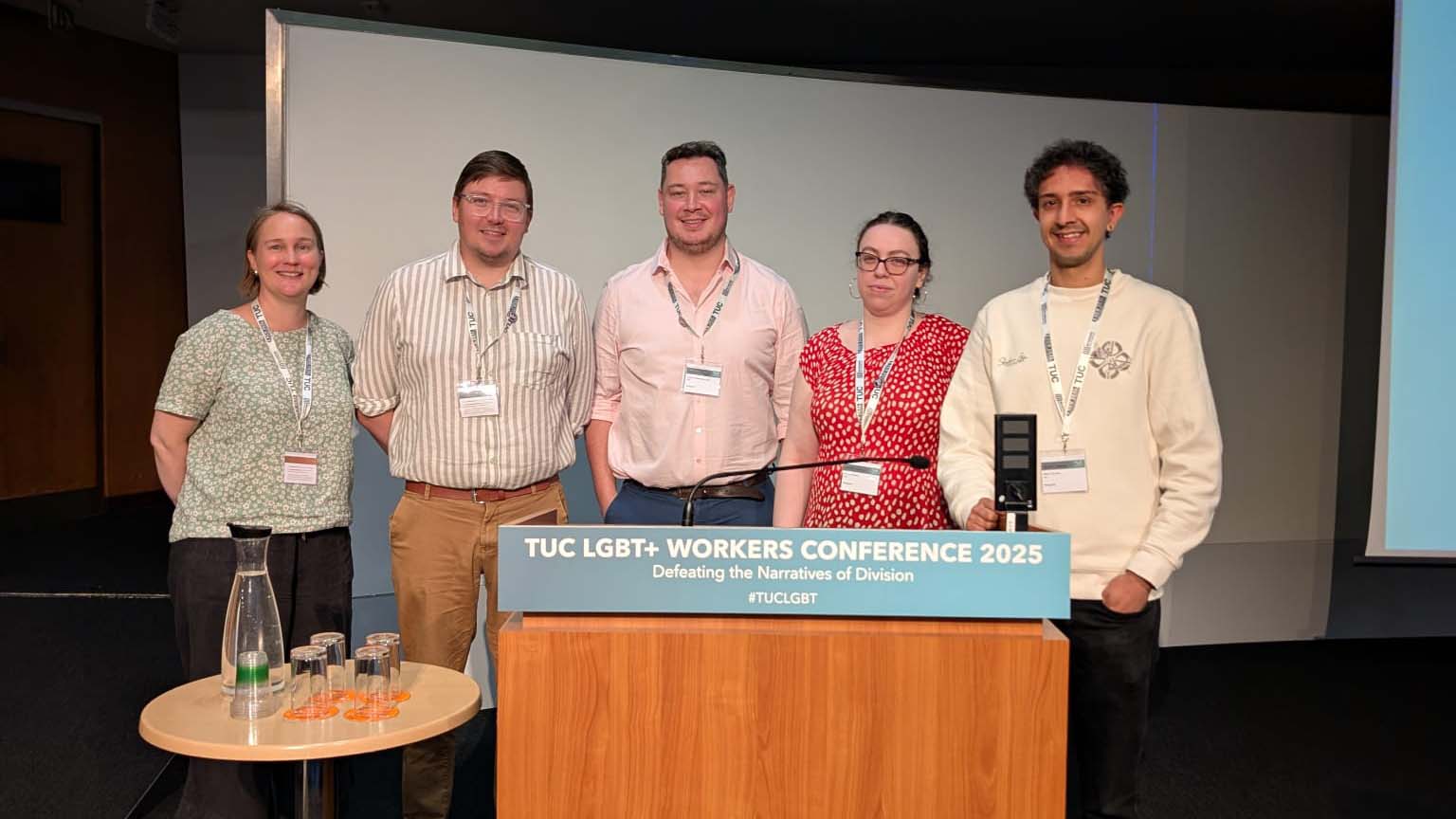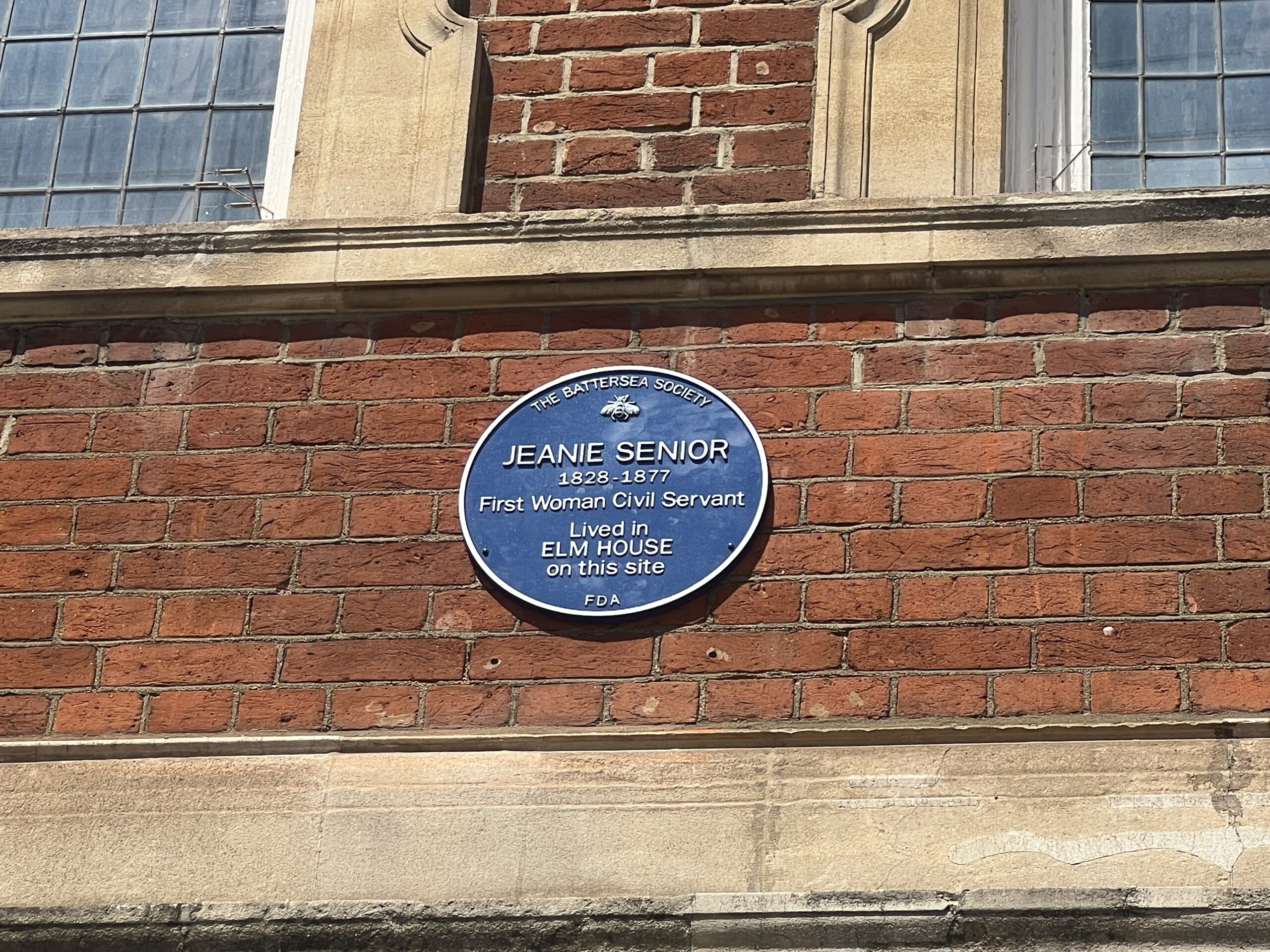Helping carers balance responsibilities and careers
In 2020, the FDA surveyed its carer members to learn what’s important to them and how their union can help. As we mark the beginning of Carers Week 2021, Equality Officer Victoria Jones and branch representative Santosh Bhabra share the results, recommendations and what happens next.

In March 2021, we launched our latest research into the working lives of carers – the full report can be accessed here. In the summer of the previous year, we reached out to thousands of civil servants to understand their experiences of balancing their caring responsibilities alongside their careers. The insight members shared with us has allowed us to publish our report and shine a light on where the support is great, and where we think things could be improved.
Our research gives detail on the kind of caring responsibilities civil servants do alongside their work:
- 90% of respondents told us that they provide emotional support;
- 88% provide practical help; and
- 75% help out with paperwork or financial matters.
These additional tasks can have a significant impact on work:
- 1 in 3 respondents didn’t feel comfortable discussing their caring responsibilities with their line manager;
- and nearly 40% felt they’d been treated less favourably at work as a direct result of their caring responsibilities.
The research has revealed stories and excerpts from members who have taken the time to explain in detail their experiences of caring in the civil service. We are really grateful for the open responses we received. It’s clear that for some, their employer has been supportive and flexible, allowing individuals to manage the delicate balance of caring and working. For others, the standard has fallen short.
We were particularly keen to look at the experience of members who have a Carer’s Passport – and to hear from those who have opted out. We’re fully supportive of the scheme and believe that for many, it provides certainty and a structure that can help employers and employees manage the different responsibilities individuals have to face. However, it’s clear there not only are there still barriers preventing members from signing up, the numbers who simply don’t have a passport are still very high.
Recommendations
From our research and conversations with members we were able to pull together a number of recommendations which we believe will make working life easier for carers in the civil service:
- The Carer’s passport is an excellent tool, but line managers need to better understand how to adapt and use it. We’d like to see training available to ensure that managers are able to support members who approach them, seeking to formalise adjustments to support their caring.
- A dedicated HR point of contact in each employer, so that members who are facing difficulty balancing their caring responsibilities have a source of independent impartial support. This HR contact should also be available for new starters who face issues having the recommendations in their passport adopted, and provide additional support to line managers.
- Formalising caring arrangements should be the default – managers should proactively ask staff to undertake a Carer’s Passport and ensure that if circumstances change, they are taken into account.
- There should be an enforceable time limit for completing, agreeing and actioning the Carer’s Passport. Employers should commit to actioning agreed changes within eight weeks.
This work has been vital in understanding the barriers that carers face at work. Balancing work alongside personal commitments can leave carers feeling like they are being pulled in different directions. It’s also clear from our survey that for many, undertaking additional caring responsibilities isn’t a temporary measure, but a commitment spanning many years. Carers should be supported at work to find balance, helping employers to retain knowledge and expertise, but also allowing them to embrace the behaviours and attributes carers bring to work.
The resources and support available to carers varies across employers, but respondents were clear about the positive impact local networks had in helping them consider what support they needed.
Trade unions play a crucial role in supporting members too. At the FDA we’re increasingly seeing members come to us to seek support in recalibrating their working lives after a change in their personal responsibilities – particularly during the pandemic – and we are here to help.
We’ll be lobbying for change at both a central and departmental level, to ensure that the great work that has been done to develop the Carer’s Passport is continued. We believe that if we make these improvements for carers, everyone will benefit. We’ve also developed a checklist to help individuals navigate conversations with employers around getting more support at work.
We will be looking to see our recommendations adopted and working with colleagues in civil service HR to ensure that the needs of carers are prioritised, particularly when we think about returning to offices and potential changes that could be triggered in response to the pandemic.
Caring at work: a checklist for balance
Talk to your FDA rep
Whether you’ve got a Carer’s Passport in place but it needs updating, you’re thinking about creating a passport from scratch, or you’ve hit a bump in the road, reaching out to your local representative is your first step. We can listen, advise and support and can support you in drafting a request for additional flexibility, or a change in working pattern.
Speak with your line manager
Raising potential concerns can help to head off any problems before they become more complicated or time-sensitive. If you’ve got a Carer’s Passport, it’s a living document so do use it as a tool to keep the conversation going. Your line manager or your local trade union representative will also be able to explain any departmental options for additional Carer’s Leave if that’s something you need.
Be honest, open and direct
If you’re looking to change the way you work, it’s helpful to be really clear on what you think would help and the reasons why. Negotiating changes to your working pattern should be a two-way conversation. Your union rep will be able to advise, support and potentially advocate for you.
Think flexibly
When thinking about adjustments that might help you manage your caring responsibilities, it helps to think creatively. Could you work compressed hours? Would less travel help? Would job-carving, or re-designing your role give you more flexibility? Would formally shifting to part-time work help, or do you need to be home-based? Your manager might have some suggestions too and you might need to flex to find an arrangement that works for you – it’s all about finding a pragmatic, workable solution.
The full report can be viewed here.
If you have any questions or comments on our work in this area, please do get in touch via equalitymatters@fda.org.uk
Related News
-

2025 Wendy Jones Equality Award winner: Chloé François-Oatway
Katherine Hutchinson speaks to the winner of the Wendy Jones Equality Award 2025, Chloé François-Oatway.
-

FDA attends TUC LGBT Conference and London Pride
To mark the end of Pride Month, FDA delegations attended the TUC LGBT+ Conference and Pride in London.
-

FDA attends unveiling of plaque in honour of first female civil servant Jeanie Senior
The FDA attends the unveiling of a plaque in honour of Britain’s first female civil servant, Jeanie Senior, which took place at Battersea Town Hall. The plaque was funded by the FDA and the Battersea Society, with the unveiling event arranged by local historian and writer Jeanne Rathbone.